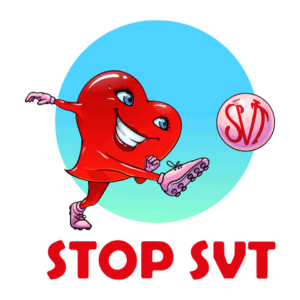After experiencing several episodes of svt and learning how to terminate them, I wondered what I could do to not end up in this situation again. Is there a way to prevent them?
Iranian Journal of Public Health stated that according to WHO, lifestyle factors have a 60% influence on individuals’ health.(1)
Other types of arrhythmia, like Afib, could be prevented with changes in lifestyle.(2)
Prevention of SVT is all about lifestyle changes. The way to prevent SVT episodes is observing where things go wrong in lifestyle habits and then committing to making the necessary changes for eating, sleeping, exercising, and stress management.
Knowing that our daily actions and habits have such an impact on the appearance of disease in general, what can we do to keep our heart in optimal condition?
Table of Contents
Journal the effects of food and lifestyle on your SVT
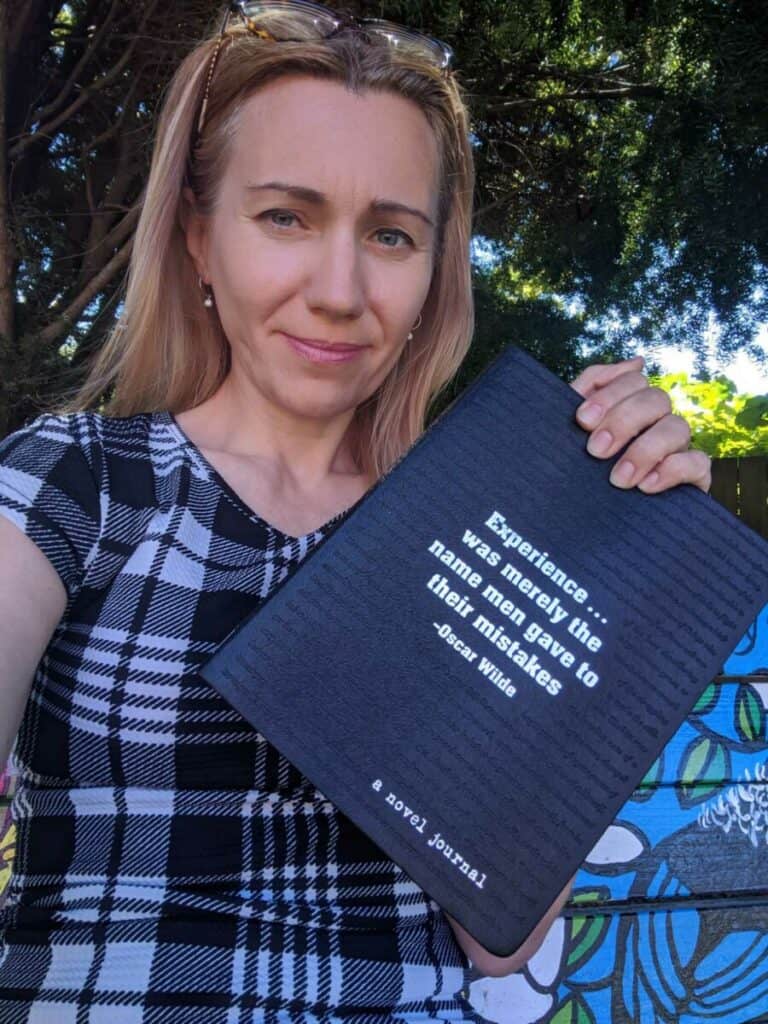
There is an ancient scripture that says: “guard your heart with all diligence, for out of it are the issues of life”. When it comes to the matters of the heart, it may be best to listen to the heart. SVT Journaling helps you understand your heart better.
Keeping a journal of SVT is important because it helps you in few ways:
Journaling paves the way for a healthier heart
Many lifestyle and dieting factors like smoking, alcohol use, fried foods, caffeine, sugar, and highly refined foods can affect SVT. Journaling can help you identify some of these triggers.
By going through your journal, you may see that you always have an attack when you eat a particular food. If you notice that avoiding that food reduces the frequency of your attacks, you may have identified a trigger.
You can discuss more with your cardiologist for more information about triggers especially if you notice you have attacks after doing a particular thing. It is not just food and drugs that act as triggers. Some situations and habits can also trigger SVT.
Journaling inspires you to make lifestyle changes
Many people give up on lifestyle changes and do not see the benefits because they refuse to measure them. Journals help you keep track of the frequency of SVT attacks and measure the difference between how you were before, and how you were after making a lifestyle decision.
Reduced quality of life in most people is not only due to the SVT but also due to the fear of having another attack and fear of what others may think. Finding a pattern in the cause and frequency of your SVT attacks, boosts your confidence and improves your overall quality of life.
Some things to note in your journal are:
- The frequency of attacks
- What makes your attacks worse
- What methods relieve your attacks best
- Your medications
- What you eat and drink every day
- When and how much you eat
- The impact that certain foods have on you ( chocolate, coffee, sugar, etc.)
- Your sleep pattern
- How often you exercise and for how long
- How anxiety and stress impact your SVT episodes
- Other things you think are necessary
Drop the habits that negatively affect your heart

In the long run, lifestyle change is paramount.
Maybe you are tempted to try 2-3 things that improve your heart health such as taking supplements, trying different natural treatments, herbs, or miracle foods but if you do not eliminate bad habits first, you will not get the expected result.
It’s like when you get a splinter. Until you remove it, there is no healing because the body reacts to that foreign piece of wood and produces inflammation in an attempt to get rid of the intruder. The area will become swollen and red. As pus is going to be formed you will have a lot of pain. After you remove the splinter, you start feeling better, the pain is gone and healing takes place.
Part of the prevention process is to get to know yourself better, see what causes you an episode, and remove the factors that are very obvious in the onset of arrhythmia.
To better understand I will give you some examples of factors that I had to remove immediately to reduce the number of episodes:
- Refined sugar in any form
- Any type of stimulants
- Black tea
- Chocolate
- Coffee
- Gluten
- Junk and fast food
Basically, if I completely gave up sweets, everything related to pastry, junk food, and fast food I managed to considerably reduce the number of episodes. In fact, I had not had an episode for a whole year after my diagnosis.
I realized, however, that although I imposed some restrictions, in general, my lifestyle was still wrong. Having a sweet tooth, here are some of the mistakes I have done:
- I slowly replaced refined sugar with white rice, gluten-free pasta, vegan cakes, vegan ice cream, etc.
- I ate very few vegetables and rarely any green leaves.
- I wasn’t eating food that would provide nourishment for my body.
- I only put some restrictions in place without shifting to healthy habits.
Once you have decided to eliminate a bad habit, look for positive and healthy habits that will take its place. Otherwise, your decision to change for the better will have a short life.
How to swift bad to good habits:
- If you want to stop eating junk food, make sure you have already put together a healthy meal plan.
- If you drink coffee every morning and want to give it up, make sure you have a kind of replacement like fresh orange juice or a special mix that will give you an energy boost.
These lifestyle interventions are powerful tools in preparing the body for the next step in the process of healing.
Eat plenty of plant-based foods daily to keep your heart healthy

If someone were to ask me what the most important thing to prevent an SVT episode is, I would say without hesitation: protect your heart with a whole food plant-based diet and pay attention to what you eat and what you don’t eat.
A study presented at the American Heart Association Scientific Sessions in 2017 concluded that eating a whole food plant-based diet reduces the risk of developing heart failure with 42% in people without heart conditions.
“Eating a diet mostly of dark green leafy plants, fruits, beans, whole grains, and fish, while limiting processed meats, saturated fats, trans fats, refined carbohydrates and foods high in added sugars is a heart-healthy lifestyle and may specifically help prevent heart failure if you don’t already have it,” said Kyla Lara, M.D., first author of the study and an internal medicine resident at Icahn School of Medicine at Mount Sinai Hospital in New York, New York. (3)
Avoiding foods that we know are sure to cause an episode (coffee, alcohol, chocolate, sugar, and any stimulant) will help us reduce and even stop attacks for a while. To promote the healing of the heart and body we need more than that.
Our diet must contain:
- Dense, rich foods that provide the best material for energy production, repair, and multiplication of cells like sprouts, microgreens, kale, avocado, broccoli, etc.
- Whole foods like fruits, vegetables, seeds, nuts, and grains to ensure an optimal amount of fiber and nutrients. Wholemeal means food that has not been processed, like apples or whole-grain cereals. They protect heart health by normalizing cholesterol and glucose (4) and help the proper functioning of intestinal transit, preventing constipation. The recommended fiber intake is between 25-35g of fiber per day.
- Seasonal fruits and vegetables of various colors because they contain different antioxidants and phytonutrients, each having a special role in protecting the body.
- Foods with a low glycemic index. In this way, the heart is protected by limiting the sudden increase in blood glucose. The more processed a food is, the higher the glycemic index.
The foods we eat will determine our quality of life because they carry genetic information. There is a close relationship between what we eat and our gene expression. Whole products will provide us with information that is conducive to health. Instead, processed food will send us vitiated information that causes disease. Therefore, what we eat can influence for better or worse the genetic expression.
Develop an exercise routine to strengthen your heart
One of the mistakes we make in our lifestyle is lack of exercise or sedentary lifestyle.
Our body needs oxygen to survive. The body’s ability to use oxygen from the atmosphere and send it through the circulatory system to every cell and organ is closely linked to muscle activity.
The more we use our muscles, the better oxygenation of tissues and organs we will have. Exercise strengthens the heart muscle, improves blood circulation and oxygen will be sent more easily and in sufficient quantity throughout the body.
Manage your stress to stay away from SVT
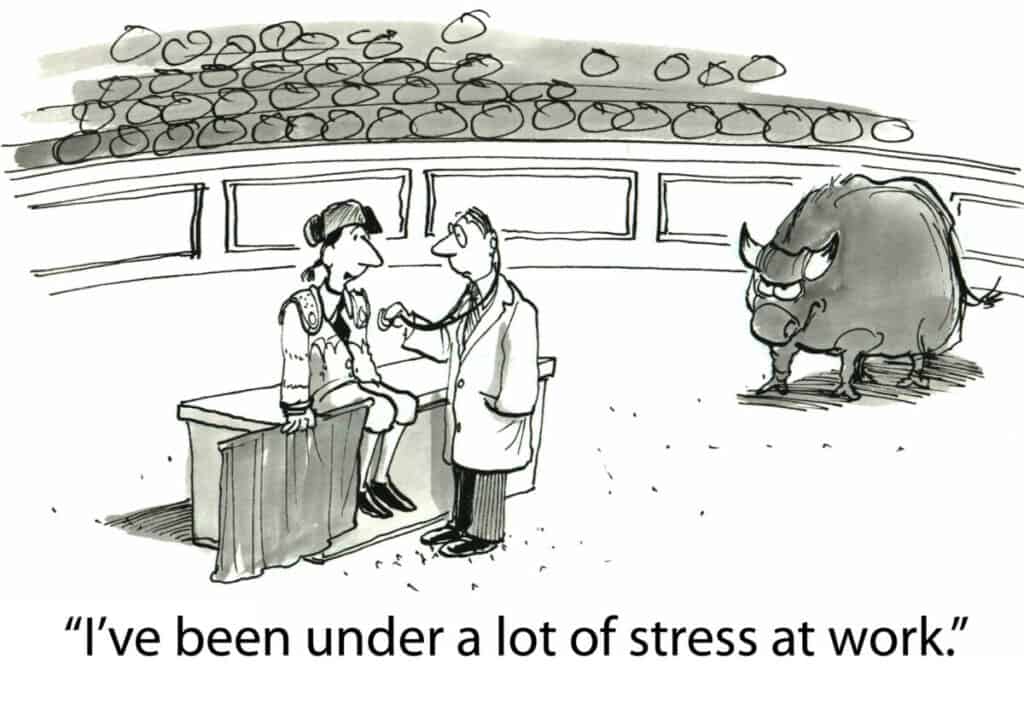
Stress is a huge problem for most people nowadays. When you work from morning to night and do not have time to take a break, your body works like a car that is always accelerated to the maximum. Such a car will not last long and it is only a matter of time when one by one the parts will start to give way.
Stress makes us act in a way that is damaging to our body. When we are stressed, we eat excessively and not always healthy, we are anxious, the quality of our sleep is affected, and all this leads to imbalance and illness.
The way you deal with the stress affects your heart.
When stress is a trigger due to the release of cortisol and epinephrine, SVT episodes warn us that something we do is not right and we need to intervene to restore the balance.
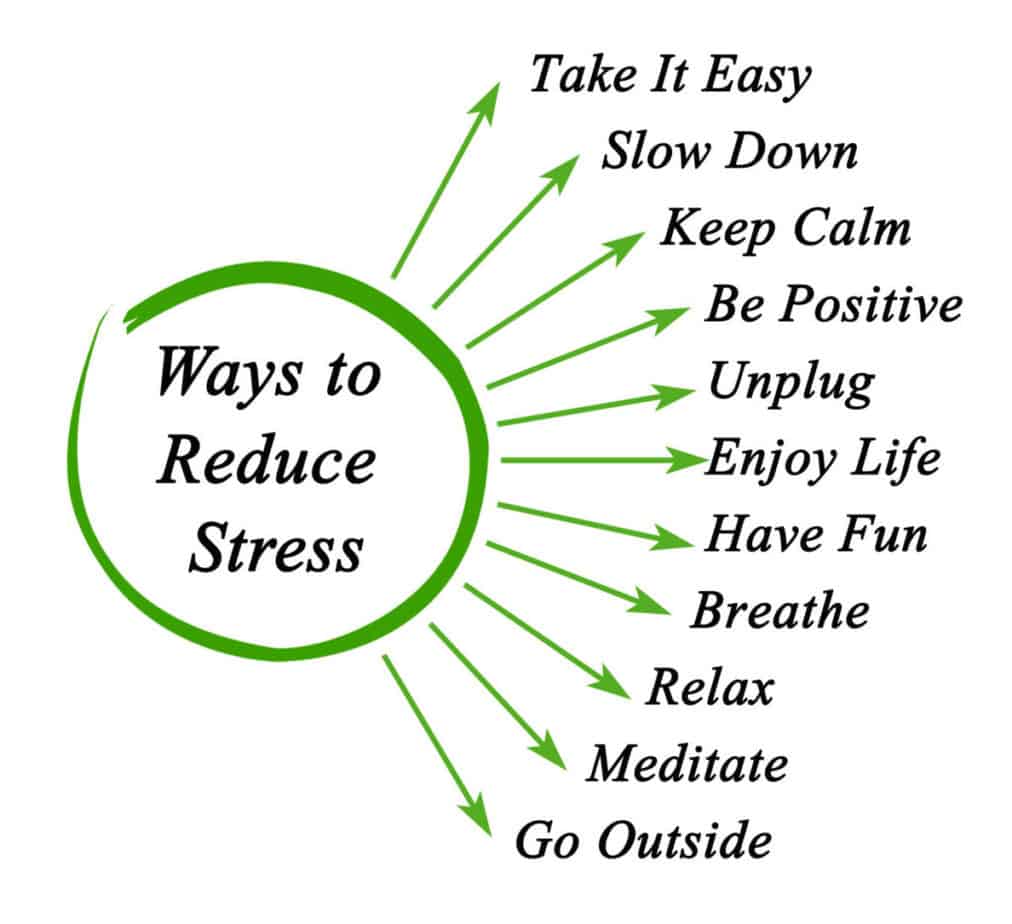
Have a good night’s sleep to protect your heart
When it comes to our health, we all know we need to eat healthily, but sleep is just as important as the food we eat. It is a physiological need, often neglected but without which the body cannot function.
A restful sleep during the night plays an essential role in the function of cell regeneration and healing process. Insufficient sleep will affect the whole body.
It affects the ability to concentrate, the proper function of the immune system, and increases the risk of cardiovascular disease by weakening the heart.
It is recommended to sleep 7-8 hours a day to avoid all these negative consequences.
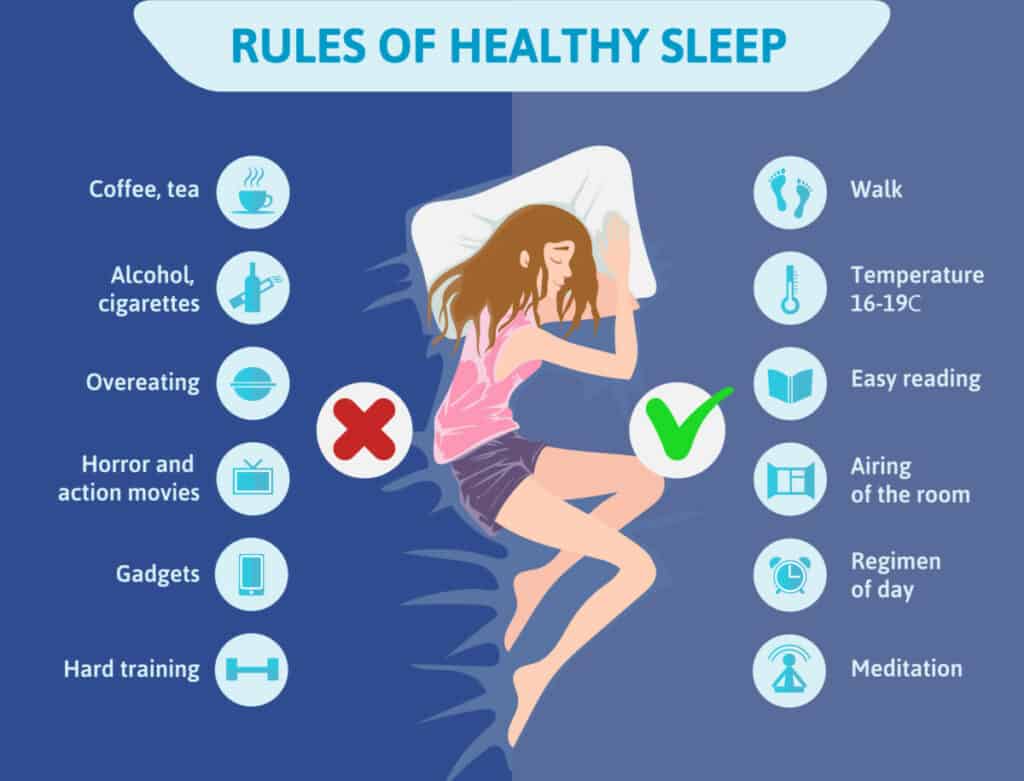
Summary
| 6 Steps to prevent SVT | Actions | Results |
| Journaling | Actively observing your heart and habits | You become aware of SVT triggers |
| Changing habits | Swift bad habits with healthy ones | Lasting change starts to happen |
| Having a healthy diet | Eat mostly plant-based meals | Healing occurs |
| Exercising | Planning an exercise routine 5 days a week | SVT episodes can be managed better with a strong heart |
| Having a good night’s sleep | Start a sleep ritual | When you have quality sleep at night, the workload of your heart is reduced, so your heart rate will go down |
| Managing stress | Prioritize self-care and do diaphragmatic breathing | You avoid the risk of having an SVT due to the high release of adrenaline |
